Chinua Achebe, the ‘grand old man’ of African letters, has often been
regarded as a champion of traditional African culture “writing back” to
colonial discourses originating in Europe. This notion is not totally
untrue (particularly with regard to his earlier work), but unduly
simplifies the complex literary agenda that Achebe followed throughout
his decade-long writing career. If he wrote against the colonial grain
in his early novels, he changed tack in his later work and critically
addressed the inequities and absurdities of Nigerian society after
independence. But Achebe not only wrote against the grain; his works
also need to be read against the grain to tease out subtleties and
contradictions and to understand the intimate relations between literary
form and changing political agendas in his fiction. Topics to be
explored in this seminar include the role and representation of women,
the role of the writer/intellectual in Achebe’s fictional world, faction
and the politics of unreliable narration, entanglements of oral and
scribal culture as well as forms and functions of ‘standard’ and
‘pidgin’ English.
- Trainer/in: Clara Hebel
- Trainer/in: Frank Schulze-Engler
